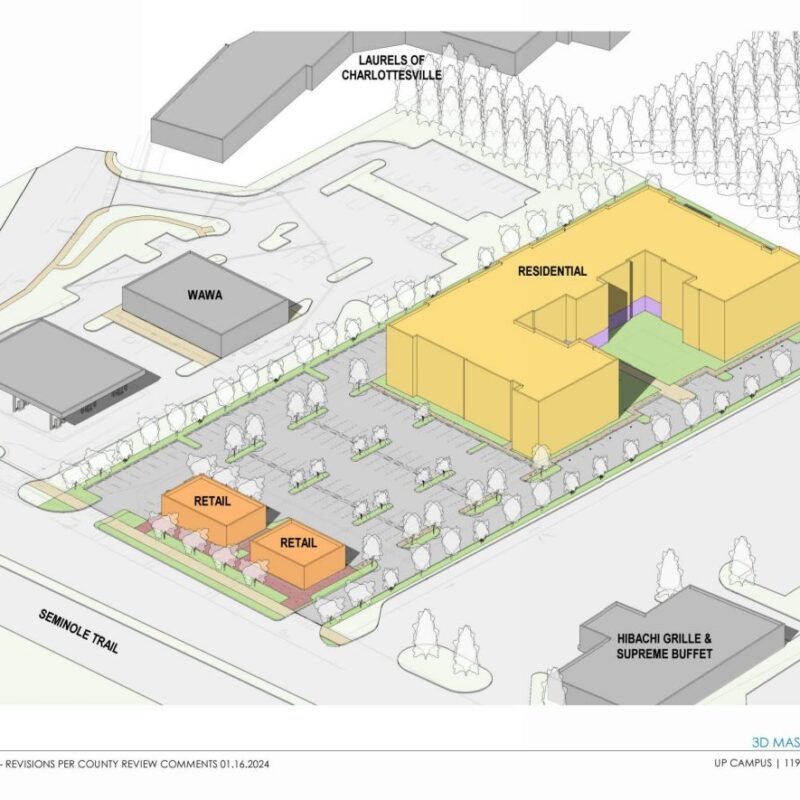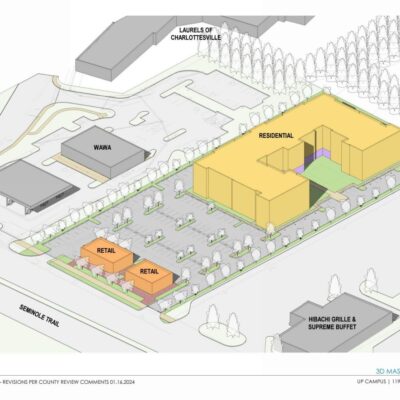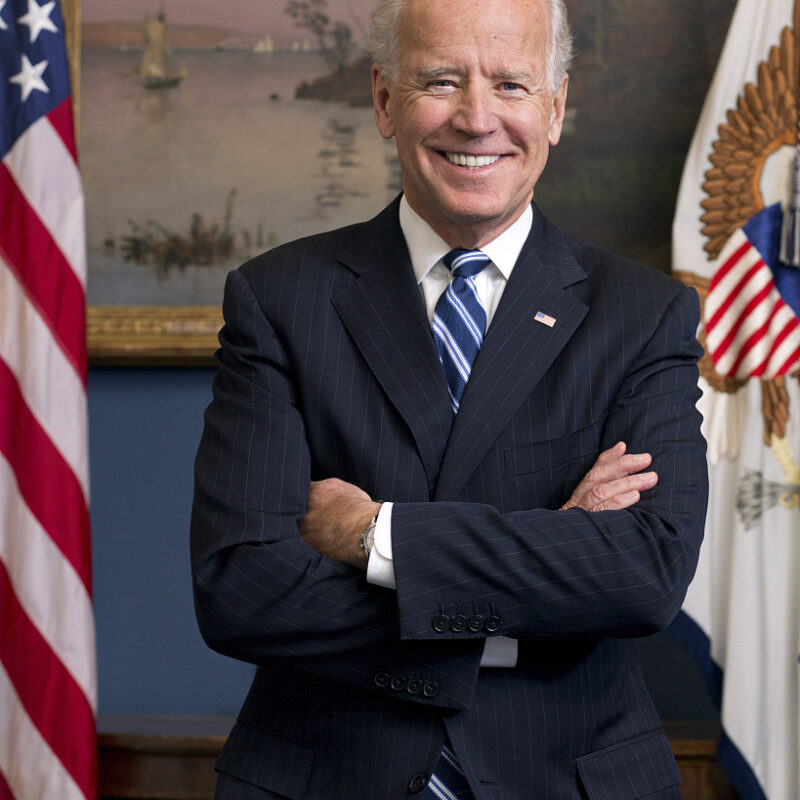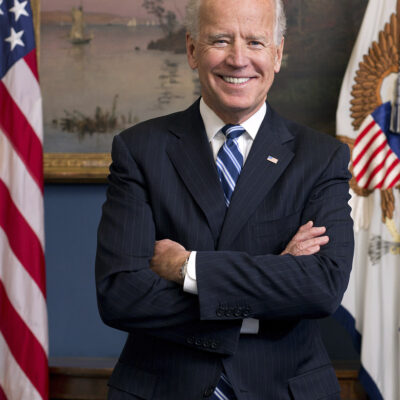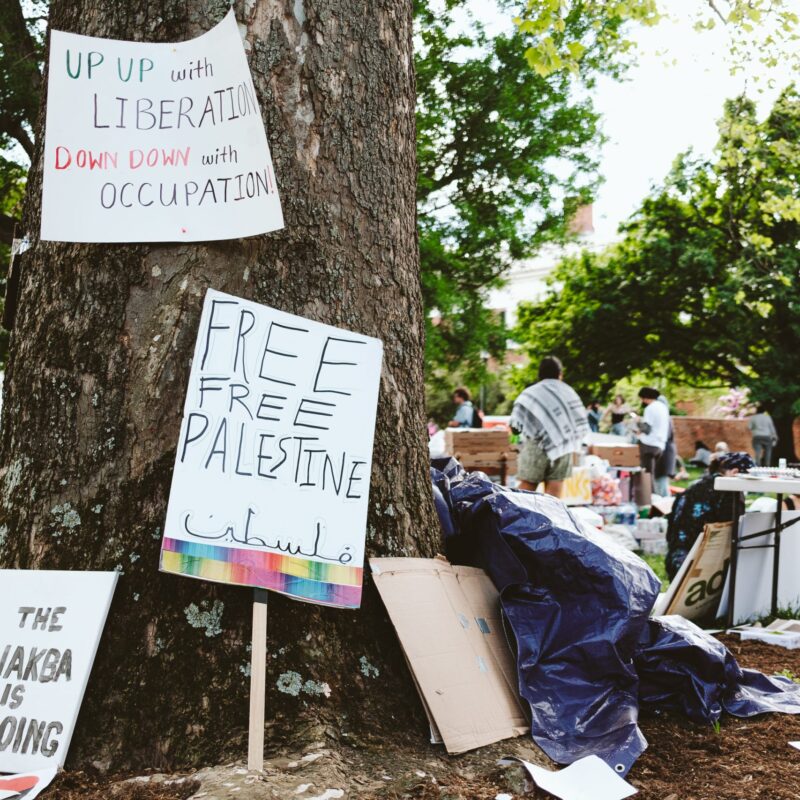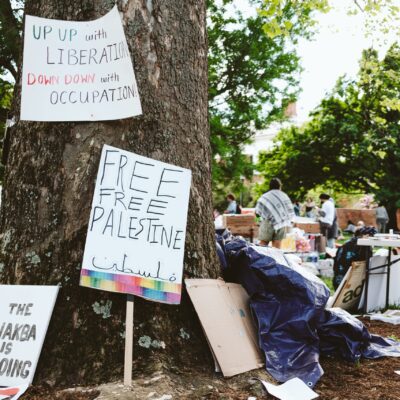As during a full moon, strange things happen when Phish comes to town. Glow sticks burst forth from hidden sources. Clumps of hair mysteriously clump into dreadlocks. On Friday night, I met a man who came to a party wearing a kooky hat. Nobody knew him. He carried with him a case of Mexican beer. He eventually revealed that he had flown from Maine to Charlottesville, where he doesn’t know anybody, to see the last night of the Phish tour on Saturday night at the John Paul Jones Arena.
|
Phish swam up the stream of musical consciousness during a Saturday night show at John Paul Jones Arena that included a few Rolling Stones covers and at least one naked audience member. |
Such are the lengths that Phish fans will go to to watch, with 15,000 other clamoring humans, the band Rolling Stone magazine once called the most important band of the ’90s. After 25 years, two hiatuses and recent arrests, Phish remains the resilient icon of a subculture that grows easier to ignore even as it grows more pervasive. Where the primeval jammers, the Grateful Dead, used jams to wander between lovely songs, Phish’s jams are the songs themselves, largely improvised but with wild, scripted movements.
On stage, the band cut a charming slacker look that suited its antics. Guitarist Trey Anastasio and bassist Mike Gordon mimicked each other’s boxsteps. It appeared to be someone’s job to supply drummer Jon Fishman, who wore a floral muumuu, with beer. After “Divided Sky,” an epic jam that began with a lovely harmony and ascended to a series of grand crescendos, the band stood absolutely still for several minutes. For fans, the act resembled torture.
The band penned a major label contract in 1992, the same year Jerry Garcia introduced his line of neckties. When Garcia died three years later, and with him the Grateful Dead, Phish became the de facto hippie band just as hippie culture, 20 years past its prime, was beginning to resemble an excuse to be decadent. Almost another 20 years later, the stereotype loosely outlined in the first paragraph holds. Much of the stigma is misplaced; through relentless touring—and virtually zero radio attention in its career—Phish has earned fans from all walks of life.
But much of the stigma isn’t. At the Hampton Coliseum in March, police confiscated what they said was more than $1 million in drugs over three nights of Phish reunion shows. At JPJ, one fan didn’t ponder the consequences of stripping totally naked and climbing onstage. The consequences: He was almost quartered by four livid security guards. (“Let’s hear it for the naked guy,” Anastasio said.) At JPJ, the entire arena was filled with a sour-smelling haze that made it difficult to concentrate, standard fare at a concert where…whoa. Lost my train of thought.
As a security guard grabbed the crowd’s last inflatable cactus, Phish reprised “Tweezer.” A rollicking Anastasio gazed over his fans and implored them to “step into the freezer,” and then, alternatively, to “seize her” and “please her with a tweezer.” And as the transcendent concert experience ended, another type of experience began: recovery.

